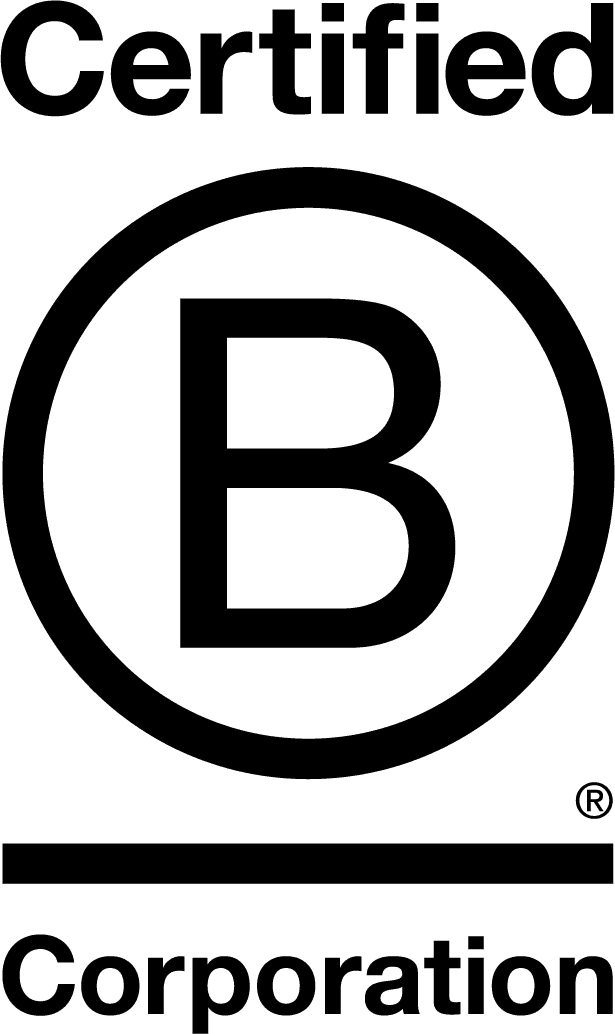

GABRIEL POVEDA FERRIOLS, S.L. (POVEDA TEXTIL)

1.6
Valencia, Spain
July 2025
Textiles
Wholesale/Retail
Denmark,
France,
Germany,
Ireland,
Italy,
Morocco,
Poland,
Portugal,
Spain,
Sweden,
Switzerland,
Tunisia,
Turkey,
United Kingdom,
United States
Founded in 2016 and based in Petrer (Alicante), Poveda Textil is a company specialized in the development, production and marketing of fabrics of organic origin (GOTS), recycled (GRS) and conventional fibers. Our activity focuses on providing textile solutions for the footwear, accessories and decoration sector that comply with the audits of the most demanding brands in terms of quality, traceability and social, economic and environmental sustainability. With a family tradition since 1928, we have solid experience in the industry and a firm commitment and collaboration with brands, designers and companies that seek to be more competitive in the sector and not lose market share. The Poveda Textil team combines proactivity to avoid problems and reactivity to offer solutions thanks to its technical knowledge, speed of response and exhaustive quality control, to guarantee functional, durable fabrics aligned with the regulatory requirements of the most recognized international brands in terms of sustainability and social responsibility. Our mission is to contribute to the business development of our clients for sustainable growth in a responsible and competitive way, providing added value to each project through the development of materials that combine technology, design and sust
Overall B Impact Score
Governance 15.5
Governance evaluates a company's overall mission, engagement around its social/environmental impact, ethics, and transparency. This section also evaluates the ability of a company to protect their mission and formally consider stakeholders in decision making through their corporate structure (e.g. benefit corporation) or corporate governing documents.
What is this? A company with an Impact Business Model is intentionally designed to create a specific positive outcome for one of its stakeholders - such as workers, community, environment, or customers.
Workers 21.4
Workers evaluates a company’s contributions to its employees’ financial security, health & safety, wellness, career development, and engagement & satisfaction. In addition, this section recognizes business models designed to benefit workers, such as companies that are at least 40% owned by non-executive employees and those that have workforce development programs to support individuals with barriers to employment.
Community 12.8
Community evaluates a company’s engagement with and impact on the communities in which it operates, hires from, and sources from. Topics include diversity, equity & inclusion, economic impact, civic engagement, charitable giving, and supply chain management. In addition, this section recognizes business models that are designed to address specific community-oriented problems, such as poverty alleviation through fair trade sourcing or distribution via microenterprises, producer cooperative models, locally focused economic development, and formal charitable giving commitments.
Environment 28.2
Environment evaluates a company’s overall environmental management practices as well as its impact on the air, climate, water, land, and biodiversity. This includes the direct impact of a company’s operations and, when applicable its supply chain and distribution channels. This section also recognizes companies with environmentally innovative production processes and those that sell products or services that have a positive environmental impact. Some examples might include products and services that create renewable energy, reduce consumption or waste, conserve land or wildlife, provide less toxic alternatives to the market, or educate people about environmental problems.
Customers 3.5
Customers evaluates a company’s stewardship of its customers through the quality of its products and services, ethical marketing, data privacy and security, and feedback channels. In addition, this section recognizes products or services that are designed to address a particular social problem for or through its customers, such as health or educational products, arts & media products, serving underserved customers/clients, and services that improve the social impact of other businesses or organizations.